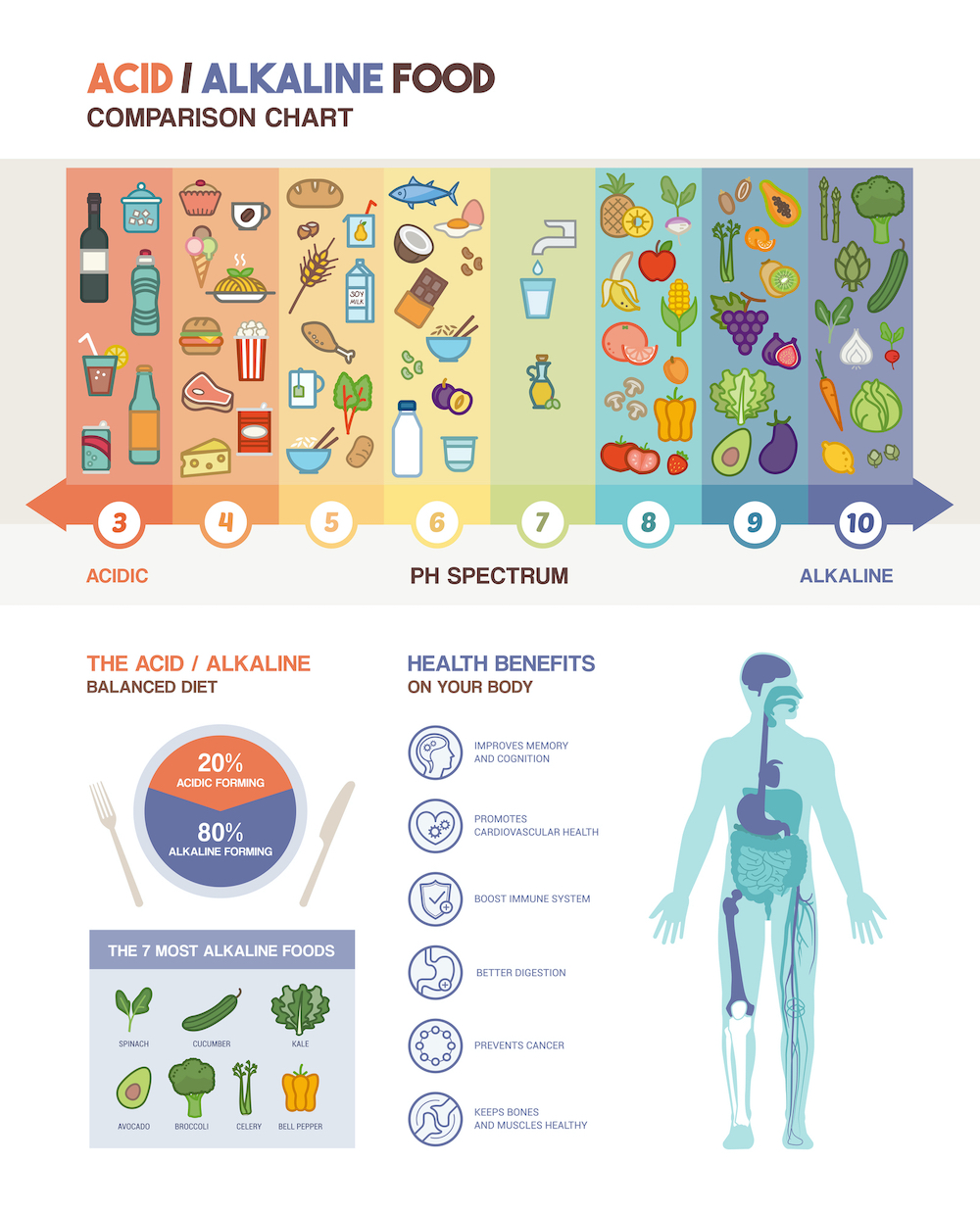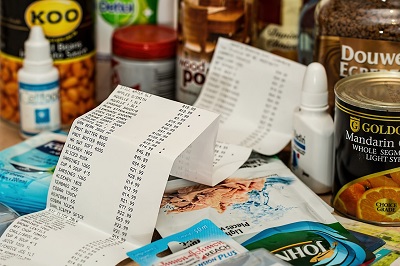When you are responsibly structuring a healthy diet, you most likely want to have the most accurate, helpful, and comprehensive knowledge about the foods you plan on eating. Although there are several popular diet plans to which you could adhere, finding one that is just right for your body is a task worth performing. There are many benefits to eating a variety of foods, but it would be helpful to know whether you typically eat an alkaline or acidic diet.
What Foods Constitute an Acidic Diet?
Contrary to popular belief, what makes a diet acidic may not be exactly what you have in mind. In fact, scientists have actually had to develop a sophisticated measuring and rating system for acidity and alkalinity in foods. Based on the Potential Renal Acid Load (PRAL) count, a food is determined to be part of an acidic or alkaline diet. You may think that foods like lemons and oranges would be very acidic, and you would be right, but there may be some foods in this group that may surprise you. Foods like fish, eggs, certain types of cheese, and most grains are considered to be pretty acidic, too, believe it or not.
What Foods Constitute an Alkaline Diet?
A diet that is considered to be highly alkaline is one that comprises lots of fruits and vegetables. These foods have a negative PRAL score and, instead, are rich in bicarbonates. On top of that, most fruits and veggies are typically very low in acid (ammonium). This means that vegetarians and other people who get most of their sustenance from non-meat sources usually have an overall alkaline diet. Still, as with everything else in life, there are always exceptions to the rule.
What Sort of Diet Do You Have?
First, take a look at the foods you usually eat on a regular basis—no need to consider those dishes you devour on special occasions only. Try to remember that, when nutrients finally reach your kidneys, they will ultimately produce even more acidic or alkaline substances. Keeping a healthy and well-balanced diet will ensure that you stay as healthy as possible from the inside out. In addition, speaking with your healthcare professional or with a certified nutritionist can help you find balance between an acidic or alkaline diet.
Additional Reading: Reducing the Dietary Acid Load: How a More Alkaline Diet Benefits Patients With Chronic Kidney Disease




















